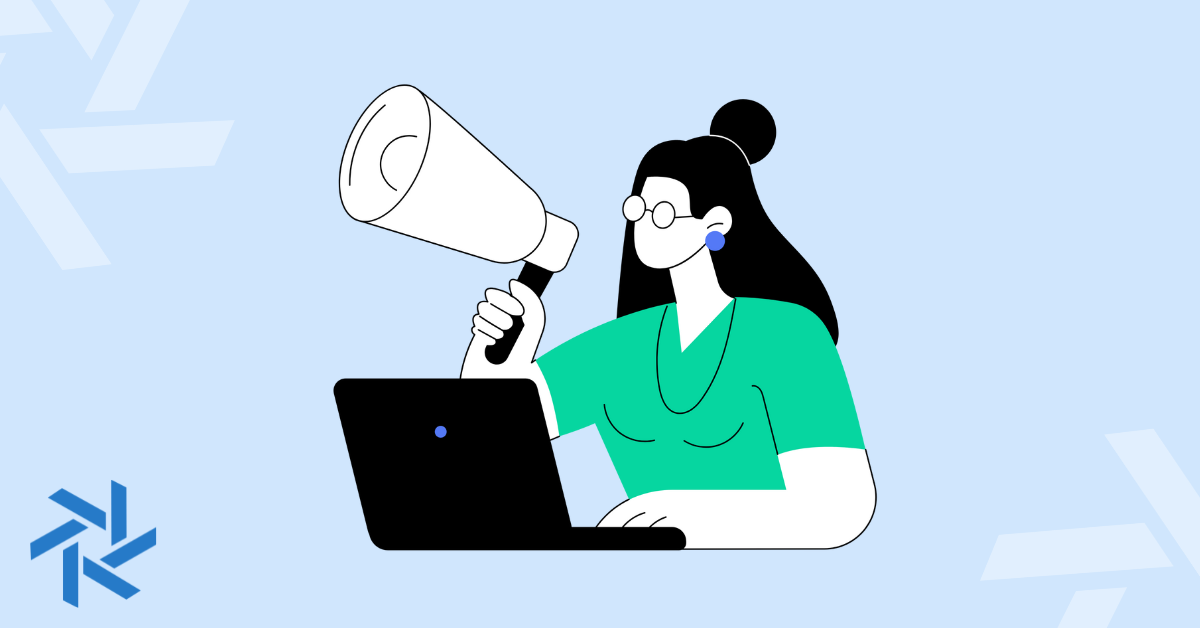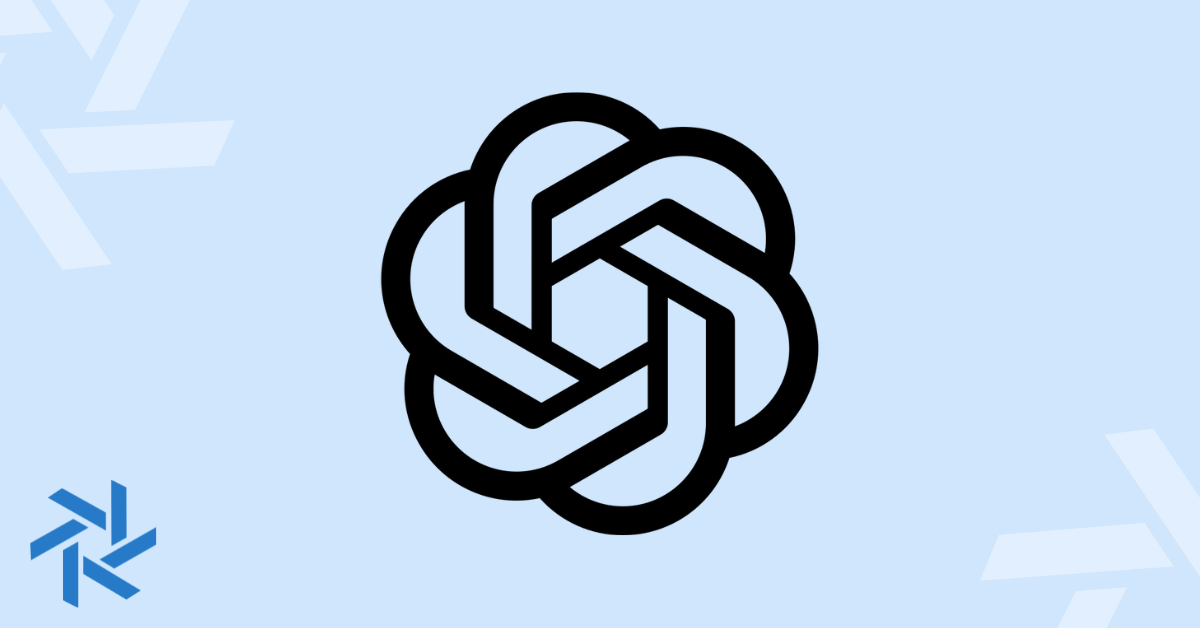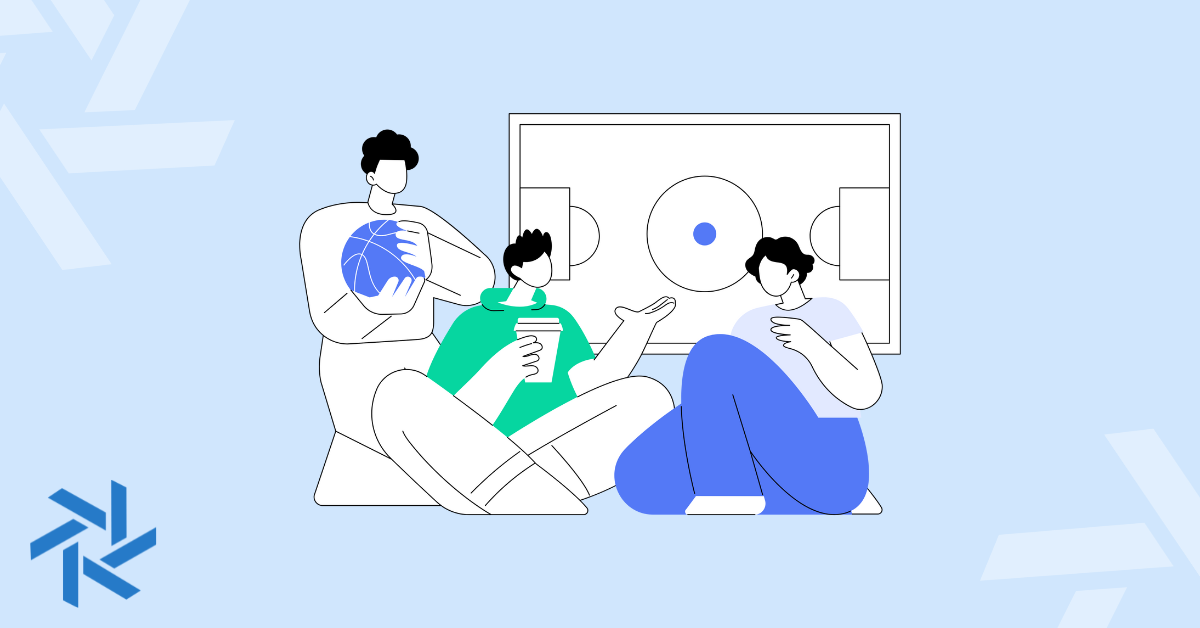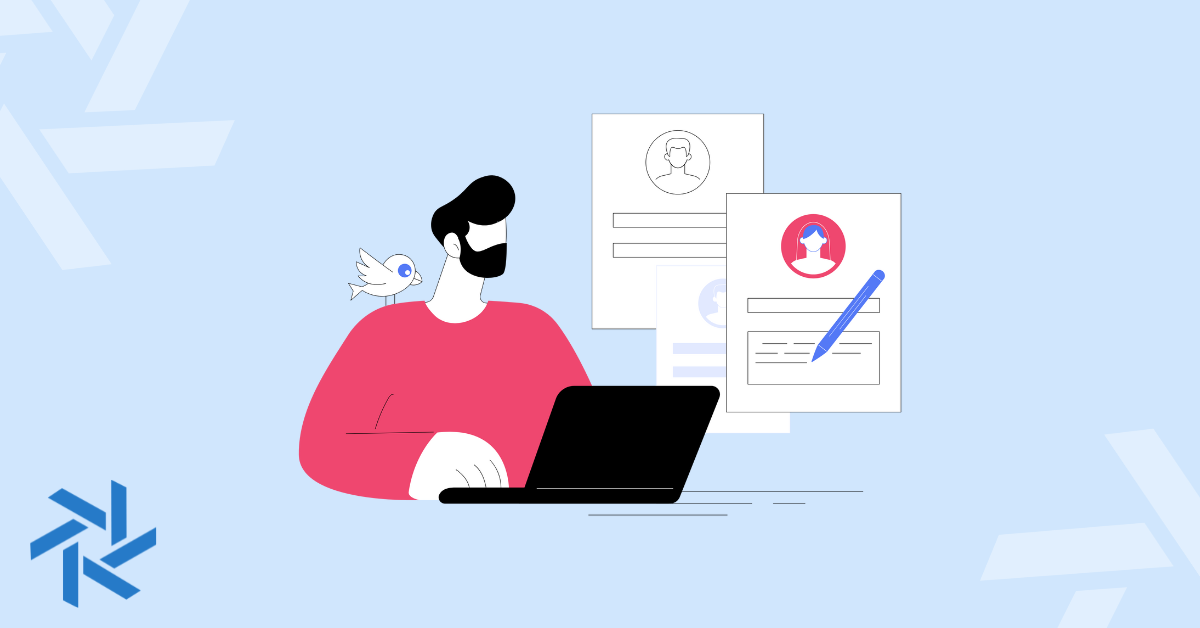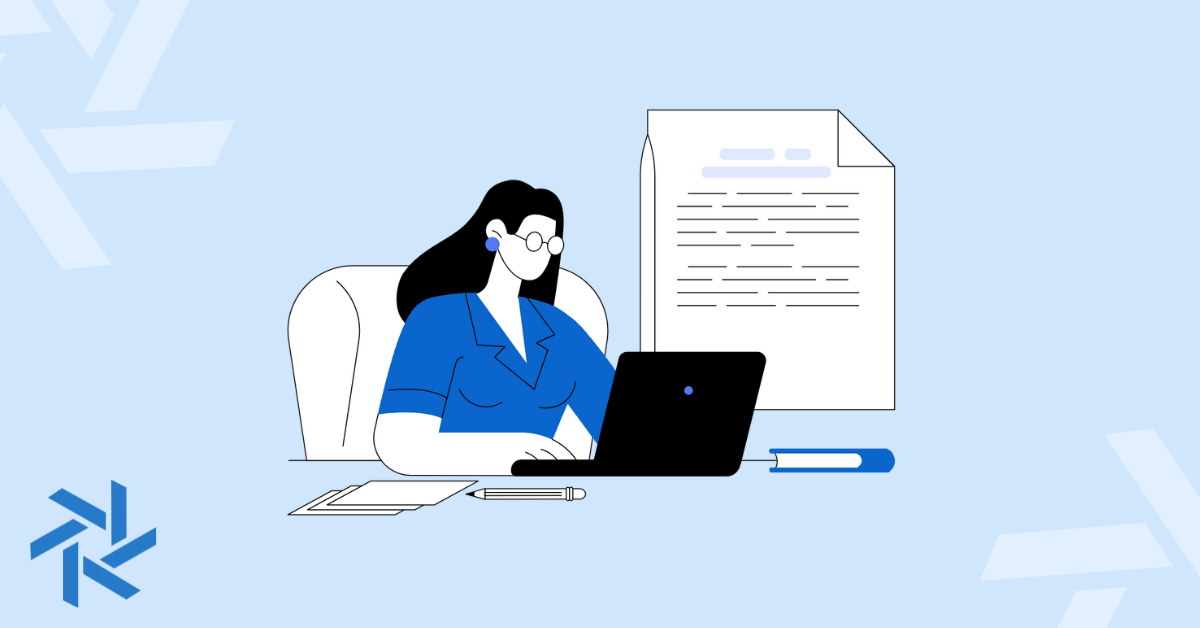14 Tips to Ace Your Remote Interview and Get The Job
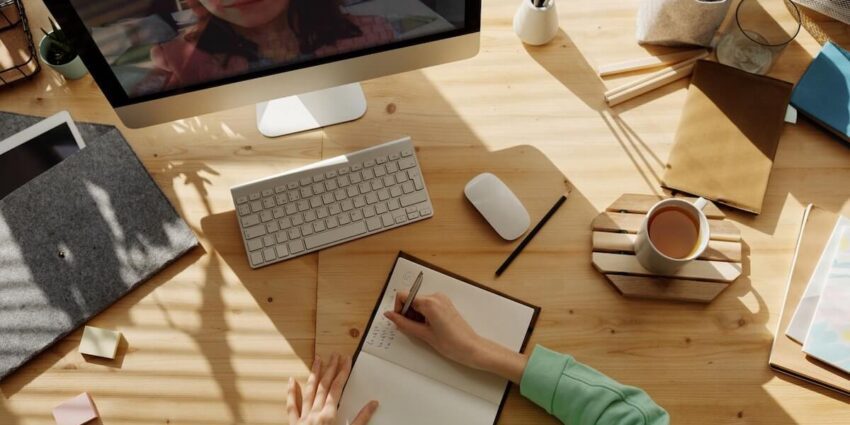
Congratulations! You’ve got an interview for a remote position, which is super exciting. It means your initial work on your resume and cover letter were solid and your experience could be a great fit.
Yet, you might start to feel a bit anxious as the virtual interview approaches.
Don’t worry, remote interviews are quite similar to in-person.
But keep in mind, they can present you with some different challenges since you’ll be conducting it through video or phone.
So are you ready to ace your remote job interview and get that offer? Then follow our guide and tips below.
Common Remote Interview Questions
Before I dive into the main tips to make the best impression remotely, I wanted to address a few common questions you might have. This process may be new to you, especially if this is the first time you are exploring full-time remote work.
Otherwise, skip ahead for specific remote job interview tips.
What should I bring to a remote interview?
Although your interview is remote, you’ll want to ensure you have some essentials with you.
Beyond your computer, have some pens, a notepad, water, and any notes about your accomplishments or questions you have for the person conducting the interview.
You certainly don’t want to look distracted the whole interview by looking away from the camera, but you also want to be proactive instead of reactive too.
I always like to have my questions written down about the role, company, or hiring process as it is easy to forget when you are in the middle of the interview and might be feeling a bit nervous.
Plus, it’s okay to take some notes, it shows you are genuinely attentive and interested in what the interviewer is sharing.
But pick the times for these notes, continue to focus on the interviewer, and look into the camera as much as possible. Give the hiring manager your attention.
How long is a remote interview?
You can expect a remote interview to last anywhere from 30 to 60 minutes. This will depend if it’s your first interview with the company or if you are in another round with different people. Some organizations will do 2-3 interviews before a formal job offer may come your way.
What should you wear for a remote interview?
Your attire for the remote interview should best mimic the culture of the company. There is no easy answer, but you’ll get a sense from the type of company you applied for, how their culture is described, etc.
Not all interviews require a suit and tie, nor do you want to dress in just a t-shirt and basketball shorts.
Typically for the few remote interviews I’ve done, I wore a nice button-up and khakis. It can be challenging sometimes to know exactly what the appropriate wardrobe is but dressing up slightly is always better than dressing down.
14 Essential Remote Interview Tips
No matter how much you prepare for a remote interview, the unexpected can happen.
Your computer freezes, your video connection is lost, someone rings your doorbell, kids pop into the room – you name it. But there are a few things you can do before, during, and after your interview to ensure your best chances of success.
Before the Interview
Being prepared ahead for the interview is crucial. Just like you would if you were preparing for an on-site interview, you’ll want to do the same for remote work. However, some of the steps you’ll take might be a little different.
1. Research the organization
Hopefully, you did this when you applied for the remote job, but ensure you do your research on the company you are interviewing with. It appears lazy if you don’t know anything about the company or have zero questions during your interview.
You don't need to know every little detail, but it shows you are interested and took the time to learn their history.
2. Pick your interview spot
Most likely you’ll be on a video interview, but it could be a phone interview too. Either way, you want to pick the ideal spot for your virtual meeting.
Think about where the least amount of distractions and noise will be, so you can eliminate any potential disruptions. A video interview presents more things to pay attention to since the interviewer can see you and anything around you.
3. Setup your chosen space
Ideally, a spot in your home or if you have your own home office will be the best option for you. If this is the case, you’ll want to set up the area to be presentable.
The last thing you want the interviewer to see is a messy bedroom with laundry, the television on, or other random things. You don’t need the perfect home office either, just a nice area that be great for our interview.
4. Take a 360 view of the room
Once you have your interview space, take a seat and look all around. Do a 360 view of things in front of you, behind you, anything on any tables or walls, and start asking yourself some questions.
- Can things be seen in other rooms behind me?
- Do things look cluttered? Are there piles of books or papers I should move?
- Is anything dusty and needs a quick cleaning?
- Are any pictures or posters behind me appropriate?
- How’s the lighting in the room around the time of the interview?
- Is my webcam facing the right angle and height?
5. Test your computer equipment
Most computers or laptops will have a built-in microphone and webcam already installed.
However, take note of what virtual meeting tool the interviewer sent you. Is it Zoom, Go-To-Meeting, WebX, Google, or something else? Install or add whatever the software they use is and then test it out before your interview.
Make sure you know how to connect and take a quick overview of the video tool if it's new to you. Most have very similar features and setup, so if you are used to one then you can quickly learn the new one.
Start exploring the video software and testing the microphone and video settings. Are things too loud or quiet? Is there any background noise easily being picked up?
6. Do a WiFi check
Test your WiFi the day of the interview and make sure everything is working as expected. Of course, this can be out of your control if your service provider happens to be down.
But if it happens, you can always call in with your phone or use it for the video interview. Make sure you have a way to set up the phone so it has a good angle of you.
Make sure you have the details to call in ahead of time, that way you aren’t scrambling if your internet decides not to work during your interview day.
7. Anticipate what could go wrong
No matter how prepared you are before your interview, something might not go the way you wanted. But you can eliminate those from happening as best you can by anticipating what could go wrong.
You don’t want to go into the remote interview with a negative mindset at all but think about some little thing that could affect your results. Make a checklist of some smaller things you may overlook while getting prepared
- Do you have notifications on your computer turned off
- is your phone on silent if it’s a video interview
- is your computer up to date on the latest software
- is your computer fully charged if not plugging it in
- Do you know where your pets or children will be to not interrupt?
Write anything that comes to mind down, so you can check them off as your interview time approaches.
It’s interview time
Even though you are in your familiar space and prepared for your remote interview, you’ll probably still be a bit nervous or anxious. That’s totally normal and even the most confident people will still feel that way.
Ready for the interview? Here are a few things you can do to ensure you ace it!
8. Be early
Although you tested everything way in advance, be early to the interview.
I recommend joining 10 minutes ahead, which gives you time to adjust any settings and make sure everything is working. If it’s not, you now gave yourself some time to be ready.
And even if everything is perfect, it’s a good time to go through some notes and take a few minutes to relax before the interview begins.
9. Eye contact is important
Ah yes, gazing into the camera but also looking at your screen can be awkward. I sometimes struggle with this myself to this day, where I want to look at the screen instead of the camera.
I want to see their face and body language, but then it looks like my eyes aren’t looking at them. Plus, the screen has other distractions that might make your eyes dart around. Welcome to video job interviews!
The best spot to look is just directly below the actual camera on your computer.
You don’t need to constantly stare trying to focus on their eyes, it might give off a weird vibe. But you do want to do your best to look at them and maintain some consistent eye contact.
10. Pay attention to your body language
During a remote interview, body language can be a bit tougher to read or showcase in a positive way. It’s just a different feeling when you are in-person and easier to catch.
But your body language is important because recruiters will pay attention to those cues. If you maintain positive body language, it shows confidence and that you are genuinely interested in the job role.
- Sit up straight and keep good posture
- Nod your head often to show you are listening
- Keep eye contact as best you can
- Avoid folding your arms across your body
- Smile often and relax your facial expressions
11. Avoid interrupting the interviewer during their questions
As eager and excited you might be to answer an interviewer's question, try not to interrupt them.
In fact, give yourself an additional second or two delay when they appear to finish a question, as the video might be lagging. It can be easy to assume the interviewer is done and rush to answer, but give yourself a short pause.
This will show your communication skills and ability to listen, which is important for any job. Of course, don’t take like 5 minutes of pause or you’ll create some awkward silence.
12. Highlight your remote skills
Since remote work requires some additional skills than in-person, your interviewer might inquire about those experiences more. And even if they don’t, it’s a good time to share some of those remote skills with them.
You can easily drop these skills into answers to questions as well, in case you haven’t found an easy way to bring them all up.
It would be good to highlight organization skills, time management, how you communicate in different situations, technology skills, and how you stay connected to colleagues.
After the interview
Great, you made it through your remote interview and it went well. Your part is done now, right? Not quite, you still want to do a few things after the interview as well.
13. Evaluate how you did
Self-awareness is not always easy after an interview, but take note of what you think went well or what did not.
I like to do this because you can’t assume you’ll be moved on to the next round, even if it all went perfectly. Plus, you have notes for yourself if you have other interviews for remote jobs coming up.
And I also like to do this immediately after the interview because everything is still fresh in my mind. From there, take a breather and relax a bit!
14. Send a follow-up note to the interviewer
This might be a dying trend, but I think sending a quick thank you note helps you stand out a bit more to send a follow-up email.
Thank the person for their time, let them know that you enjoyed the conversation, and ask if there is anything further you can provide them in their evaluation.
Make it a short note and don’t hound the interviewer about the hiring process after.
If you made a good impression and they think you are a good fit, you’ll hear back. One of the hardest parts after the interview is waiting around or hoping to hear back (either good or bad news).
And unfortunately, recruiters ghosting candidates has become a huge problem. But you also have to understand, many remote job listings get hundreds (or thousands) of applicants pending the company.
Final Thoughts
Being prepared ahead with these tips will ensure you ace your remote interview.
And if it doesn’t go as planned, just roll with the punches and keep a smile on your face.
Everyone has experienced some challenges with remote interviews not going perfect. So don’t be too hard on yourself if it doesn’t go your way, even if you are really prepared.
How you handle when something goes wrong can leave an even better impression on the interviewer. And most people have empathy and will not let any potential issues take away from how awesome you are for the job.
Happy Remote Working!


